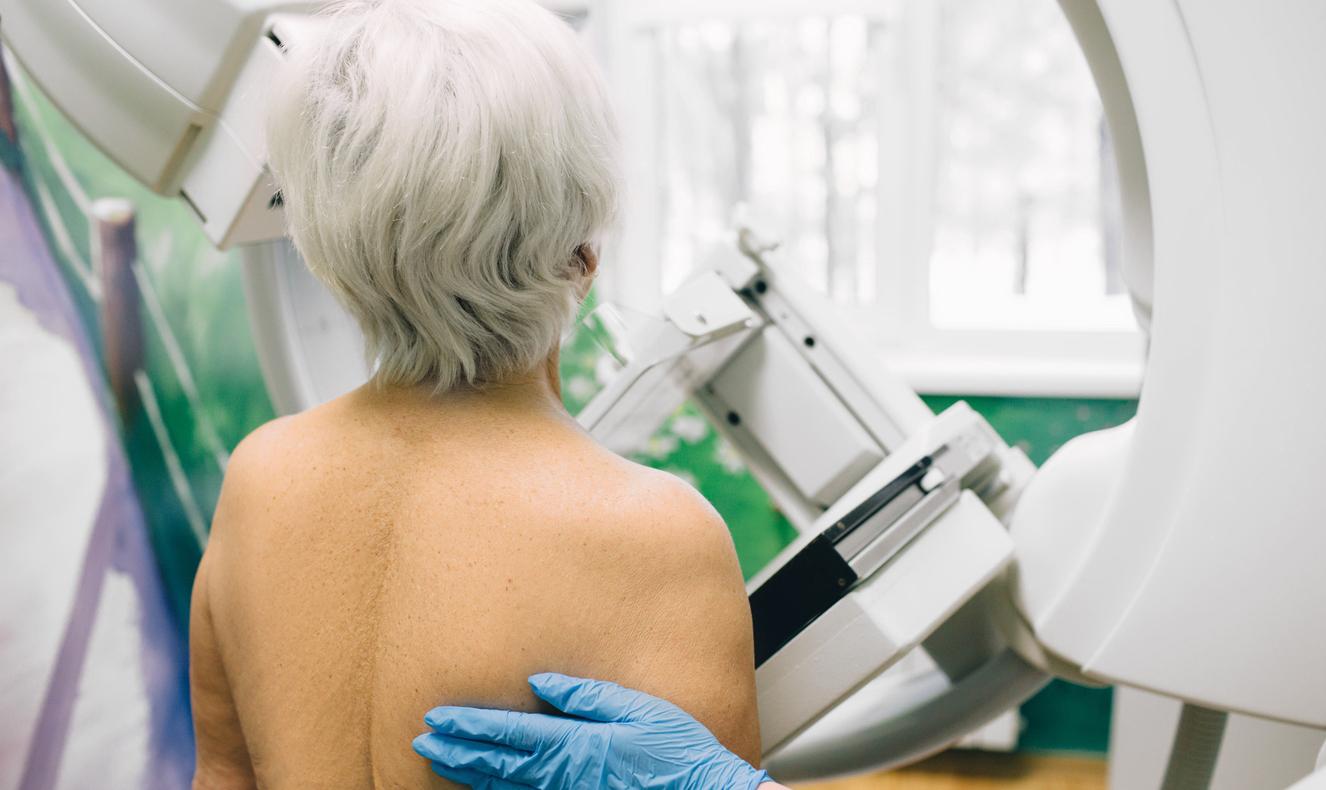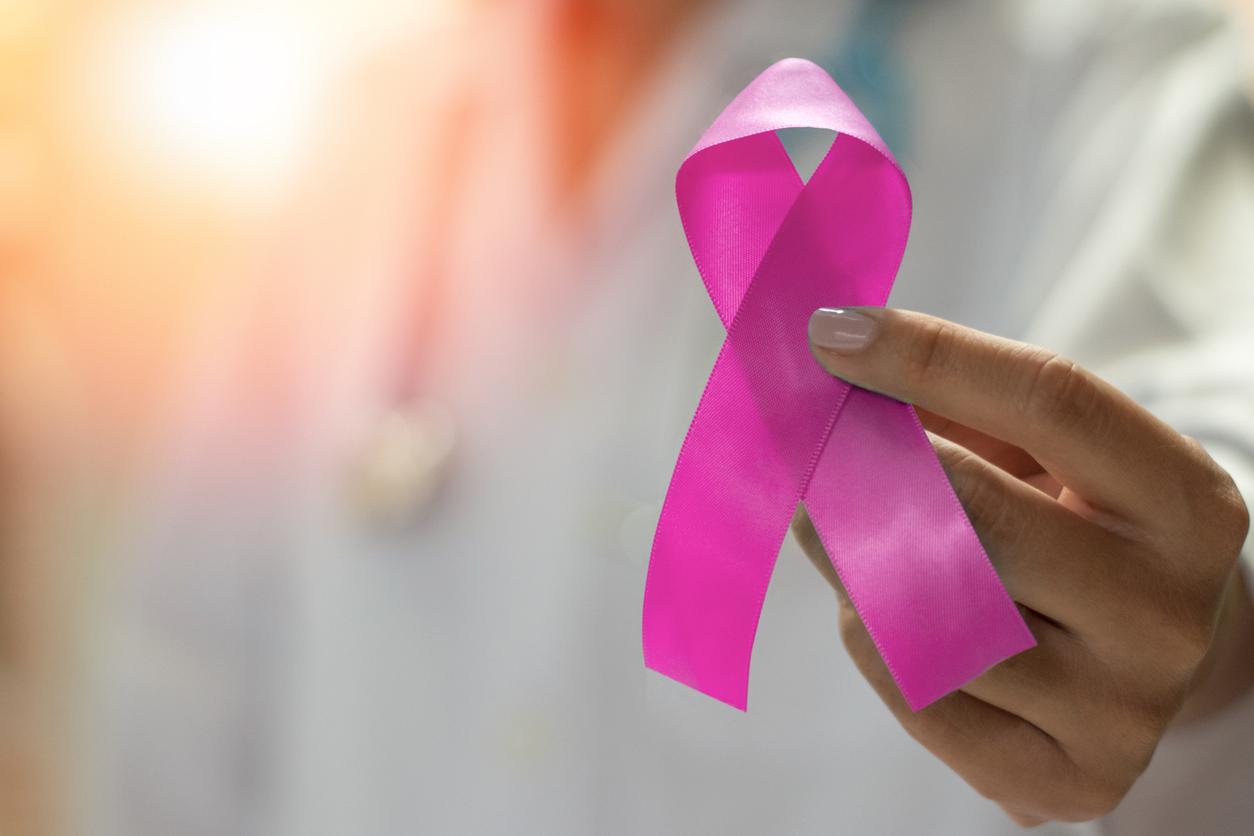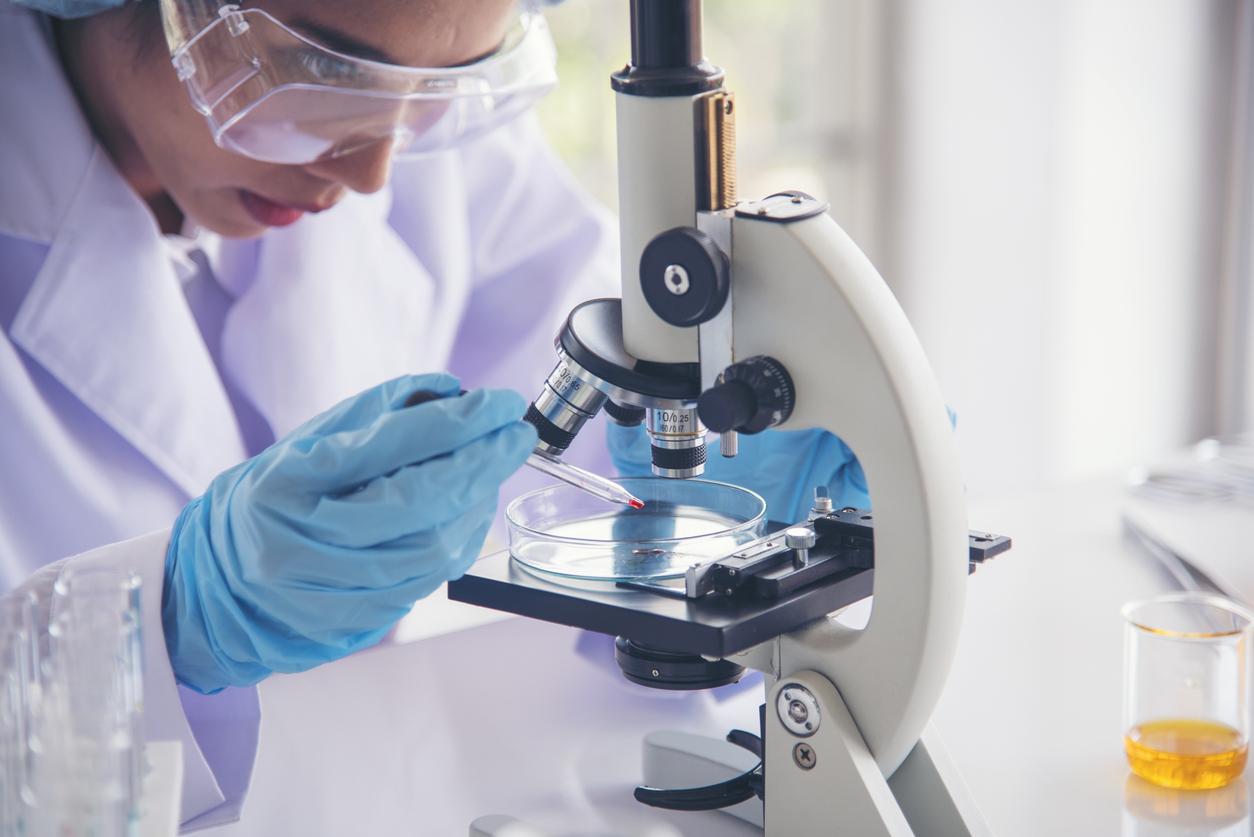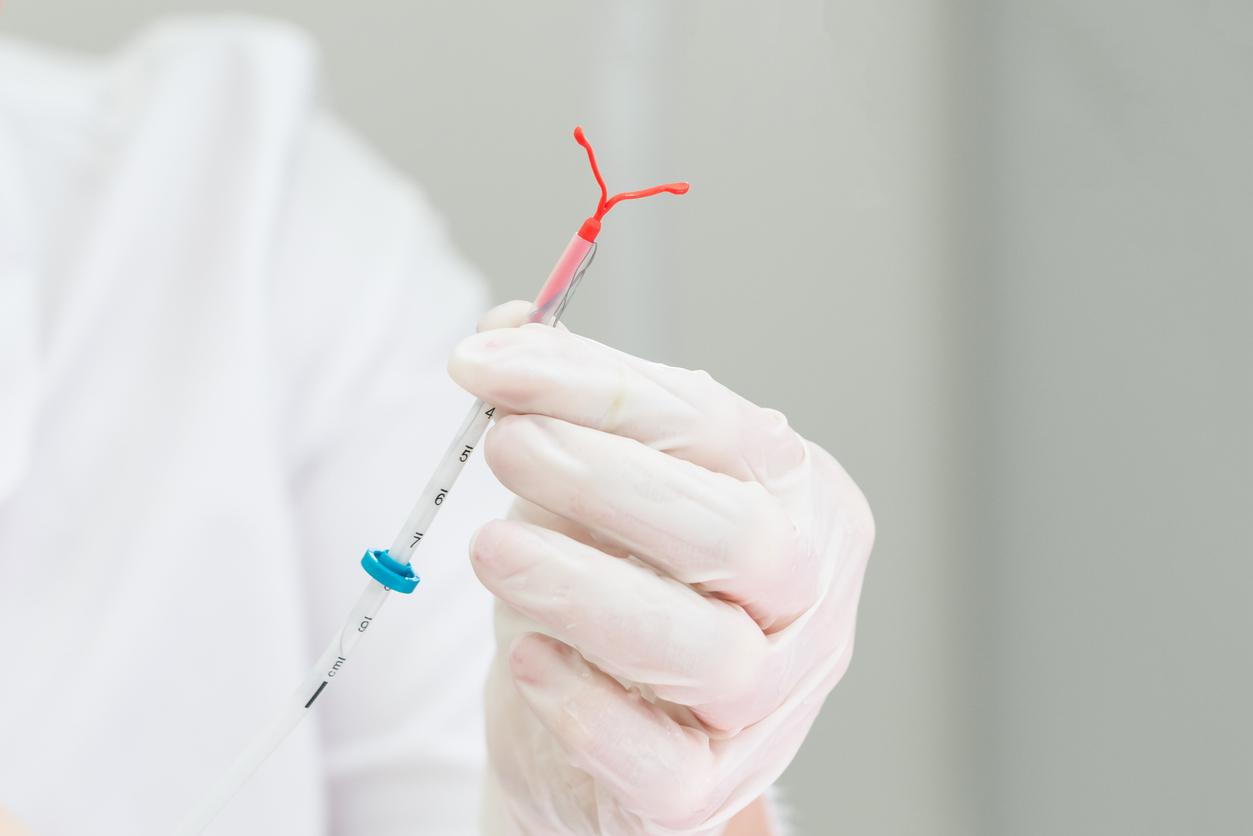A German study shows that fear of side effects from treatment for breast cancer can influence their appearance.

The side effects of some treatments for breast cancer, the most common in women, would depend heavily on the fears of patients. This is what reveals a study published Tuesday in the journal Annals of Oncology. It shows that patients who fear the worst suffer more severe effects.
Conducted at the University of Marburg, these German researchers followed 111 women operated on for breast cancer and participating in a clinical trial. Before starting hormone therapy using tamoxifen or anti-aromatases, the researchers asked the patients if they expected any side effects.
A lower rate of treatment adherence
Almost one in three women (29%) who feared serious side effects had a poorer quality of life and a lower rate of treatment adherence two years later. Conversely, those who did not expect to experience the negative effects of the treatment (8%) or feared moderate effects (63%) respected the treatment better and reported fewer inconveniences two years later.
Hormone therapy is a treatment that supplements or substitutes for chemotherapy. It aims to limit the risk of recurrence by preventing tumor cells from receiving the hormones (estrogen and / or progesterone) necessary for their development. This technique is not indicated for all patients. It is possible when hormone receptors have been demonstrated in tumor cells (around 70% of breast cancers). Its main side effects are joint pain, weight gain and hot flashes.
Towards a better psychological follow-up?
“Our results show that anticipations are a clinically relevant factor that influences the long-term outcome of hormone therapy”, commented to Agence France Presse (AFP) Professor Yvonne Nestoriuc, specialist in psychosomatic medicine and psychotherapy, main author of the study.
The latter, however, admits the existence of limits to its study; such as the fact that 40% of the patients who could have taken part in the trial withdrew from it, “probably because they already had ‘negative expectations’ of hormone therapy”. However, she concludes that “a change in expectations through psychologists before the start of treatment could improve the results of hormone therapy”.
His team is therefore currently carrying out a new trial to determine the effectiveness of this type of strategy.
P
.

















